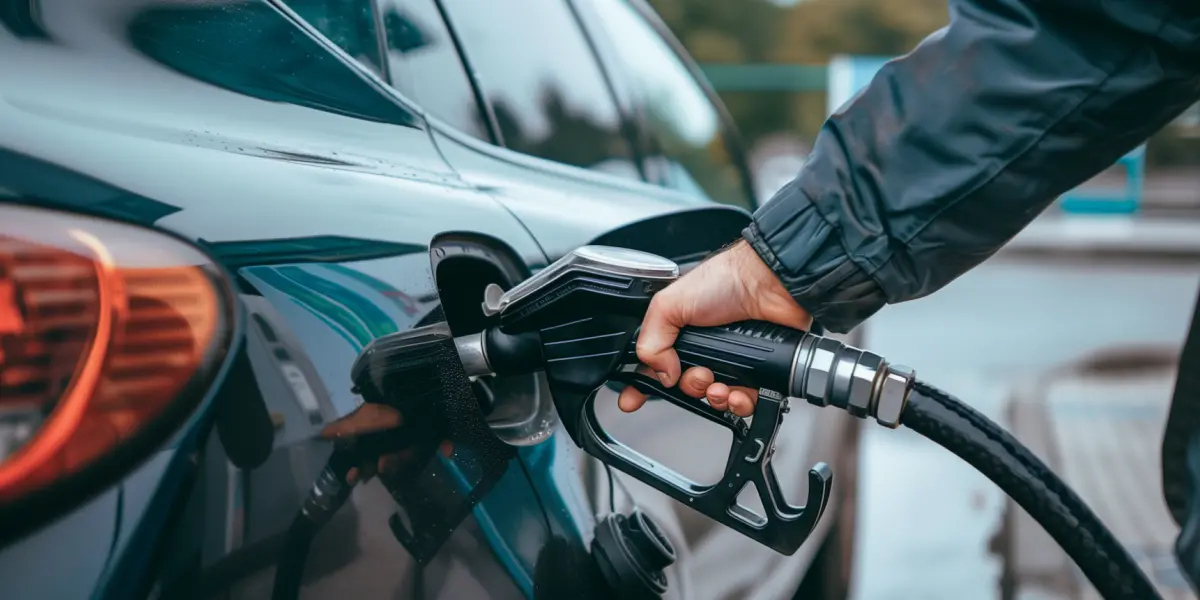Let’s take a deeper look at each option and determine which method offers the most value for fleet managers and business owners alike.
Understanding Fleet Fuel Cards
Fleet fuel cards are specialized payment tools designed specifically for businesses that manage multiple vehicles. These cards work similarly to credit or debit cards but come with features tailored to fleet management. Drivers use them to purchase fuel and, in some cases, maintenance services at approved fuel stations.
One of the main advantages of fuel cards is the ability to monitor and control fuel spending in real time. Many fleet card providers offer online portals where managers can track purchases, set spending limits, and restrict transactions to certain locations or times. This level of oversight greatly reduces the risk of unauthorized spending or misuse.
Additionally, fuel cards often come with discounts at partnered fuel stations, leading to potential savings over time. These rebates may seem small on a per-transaction basis, but they add up quickly when managing a fleet of multiple vehicles fueling up several times a week.
Challenges of Using Cash Payments
Cash has traditionally been a go-to method for many businesses, especially small operations that prefer simplicity. It’s immediate, tangible, and doesn’t involve signing up for a card program or dealing with interest rates. However, the convenience of cash can be deceptive when applied to fleet operations.
Keeping track of fuel expenses becomes significantly harder when drivers pay with cash. Receipts can be lost or forgotten, and recording each transaction manually increases the likelihood of human error. This can make bookkeeping and tax preparation more cumbersome and time-consuming.
There’s also a higher risk of fraud or theft with cash payments. Whether it’s drivers taking liberties with spending or the physical loss of money during travel, cash is far less secure than electronic transactions. For larger fleets, this can become a serious operational concern.
Efficiency and Record-Keeping
A major area where fleet fuel cards shine is in administrative efficiency. Since all fuel card transactions are automatically recorded and categorized, it’s easier to generate reports, analyze spending trends, and forecast budgets. Many providers integrate with accounting software, further streamlining financial management.
In contrast, cash payments require manual input for every transaction. If a driver forgets to collect a receipt or write down the mileage at the time of fueling, that data might be lost forever. Over time, the inconsistencies in record-keeping can result in inaccurate reporting and financial planning.
Driver Accountability and Fleet Security
Fleet cards create an added layer of driver accountability. Because each card is usually tied to a specific driver or vehicle, it becomes easier to detect irregularities in spending. For example, if a driver is consistently using more fuel than expected for their route, it might signal issues like fuel theft, inefficient driving habits, or mechanical problems.
On the other hand, with cash payments, there’s often no clear paper trail linking transactions to individual drivers. This lack of traceability can make it harder to identify and address issues quickly.
Cost and Convenience Considerations
While fuel cards come with several benefits, they may also involve fees, depending on the provider. Some programs charge monthly account fees or transaction fees, which can eat into the savings from fuel discounts if not monitored closely. Still, for most fleet operators, the trade-off is worthwhile given the increased control and oversight.
Cash doesn’t come with hidden fees, but the cost shows up in the form of inefficiencies, administrative burden, and potential fraud. For small operations with only a few vehicles and trusted drivers, this might not be a major issue. However, as a business grows, these challenges become harder to manage.
